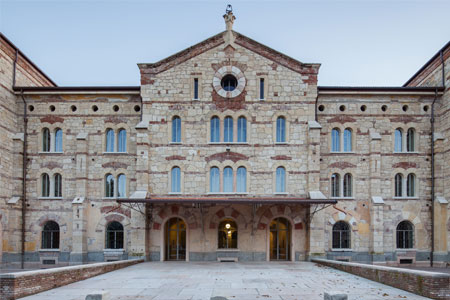The project aims at investigating the micro-foundation of a smart city development. The concept of smart city goes beyond the use of digital technologies for better resource use and less emissions. It can, on the one hand, be applied to hard domains such as,buildings, energy grids, natural resources, water management, waste management, mobility, and logistics, where ICT play a decisive role in the function of the system. On the other hand, the term can also be applied to soft domains such as education, culture, policy innovations, social inclusion, and government, where the application of ICT are not usually decisive. Research on smart cities is not new in general, but what is missing is a holistic perspective combining hard and soft domains of smart city within a multilevel approach to sustainable development. This approach allows identifying ways to stimulate city renewal through initiatives planned for engaging and benefiting all the city stakeholders, alongside a quadruple helix perspective.
The project stems from the assumption that what qualifies a smart city is the ability of reaching key performance indicators by means of 1) inclusive decision making processes, where city government, private and public organizations, and civil society are actors of a participatory planning program; 2) long term sustainability orientation. Consequently, city “smartness” is strictly connected with the existence of a city’s networked infrastructure that enables political efficiency and social and cultural development; an emphasis on business-led urban development and creative activities for the promotion of urban growth; social inclusion of various urban residents and social capital in urban development; the natural environment as a strategic component for the future.
The project will explore modalities through which it is possible to reach the important objective of smart city development, focusing on 4 areas of inquiry: 1) innovative forms of public-private engagement; 2) smarter urban transport networks; 3) transformative services; 4) the digitization of cultural heritage.
The methodology entails a preliminary analysis, which aims at exploring the four areas of inquiry, discussing and proposing possible smart city initiatives and solutions, towards a more sustainable and inclusive city management. After completion of the preliminary analysis, the project will provide in depth analysis of each of the four areas of inquiry through the implementation of four CityLABS involving the project cities of Padua, Florence, Verona, and Trento.
Research findings will explore the micro-foundation of a smart city development, contributing to theory development on urban sustainability and offering policy makers tools for mapping the efficiency of their decision-making process and for speeding up a smart city development, which is perceived as such not only by the city government, but also by private and public organizations and the society at large.







